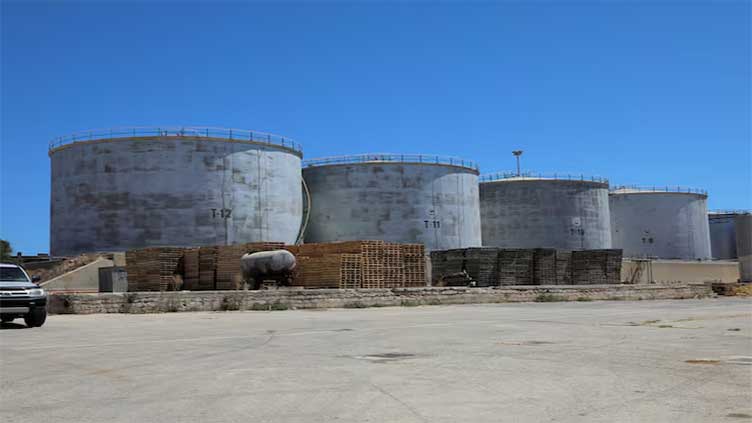Oil steady but on track for weekly drop on firmer supply outlook

Business
Brent crude futures were up 8 cents at $71.68 per barrel while US WTI were up 6 cents to $67.73
LONDON (Reuters) – Oil prices held on Friday but remained on track for a weekly fall as investors weighed expectations for increased output from Libya and the broader OPEC+ group against fresh stimulus from top importer China.
Brent crude futures were up 8 cents, 0.1%, at $71.68 per barrel, as of 0840 GMT, while US West Texas Intermediate crude futures were up 6 cents, also 0.1%, to $67.73.
On a weekly basis, Brent crude was down almost 4%, while WTI was on track to lose nearly 6%.
"The recent decision by OPEC+ to ramp up production has only added to the gloom," said Priyanka Sachdeva, senior market analyst at Phillip Nova, adding that the oil market has been struggling with weakening demand over the past few months.
"While it's uncertain whether Chinese stimulus will translate into higher fuel demand, it may still offer some respite to the oil market."
China's central bank on Friday lowered interest rates and injected liquidity into the banking system, aiming to pull economic growth back towards this year's target of roughly 5%.
More fiscal measures are expected to be announced before Chinese holidays starting on Oct. 1 after a meeting of the Communist Party's top leaders showed an increased sense of urgency about mounting economic headwinds.
Meanwhile, rival factions staking claims for control of the Central Bank of Libya signed an agreement to end their dispute on Thursday. The dispute had seen crude exports fall to 400,000 barrel per day (bpd) this month from more than 1 million barrels last month.
Separately, the Organization of Petroleum Exporting Countries (OPEC) and its allies, together known as OPEC+, will go ahead with plans to increase production by 180,000 bpd each month starting from December.
A Financial Times report on Wednesday said the planned increase is due to Saudi Arabia's decision to abandon a $100 oil price target and gain market share.
Saudi Arabia has repeatedly denied targeting a certain oil price, and sources at the wider group told Reuters that the plans to raise output from December do not represent any major change from existing policy.


